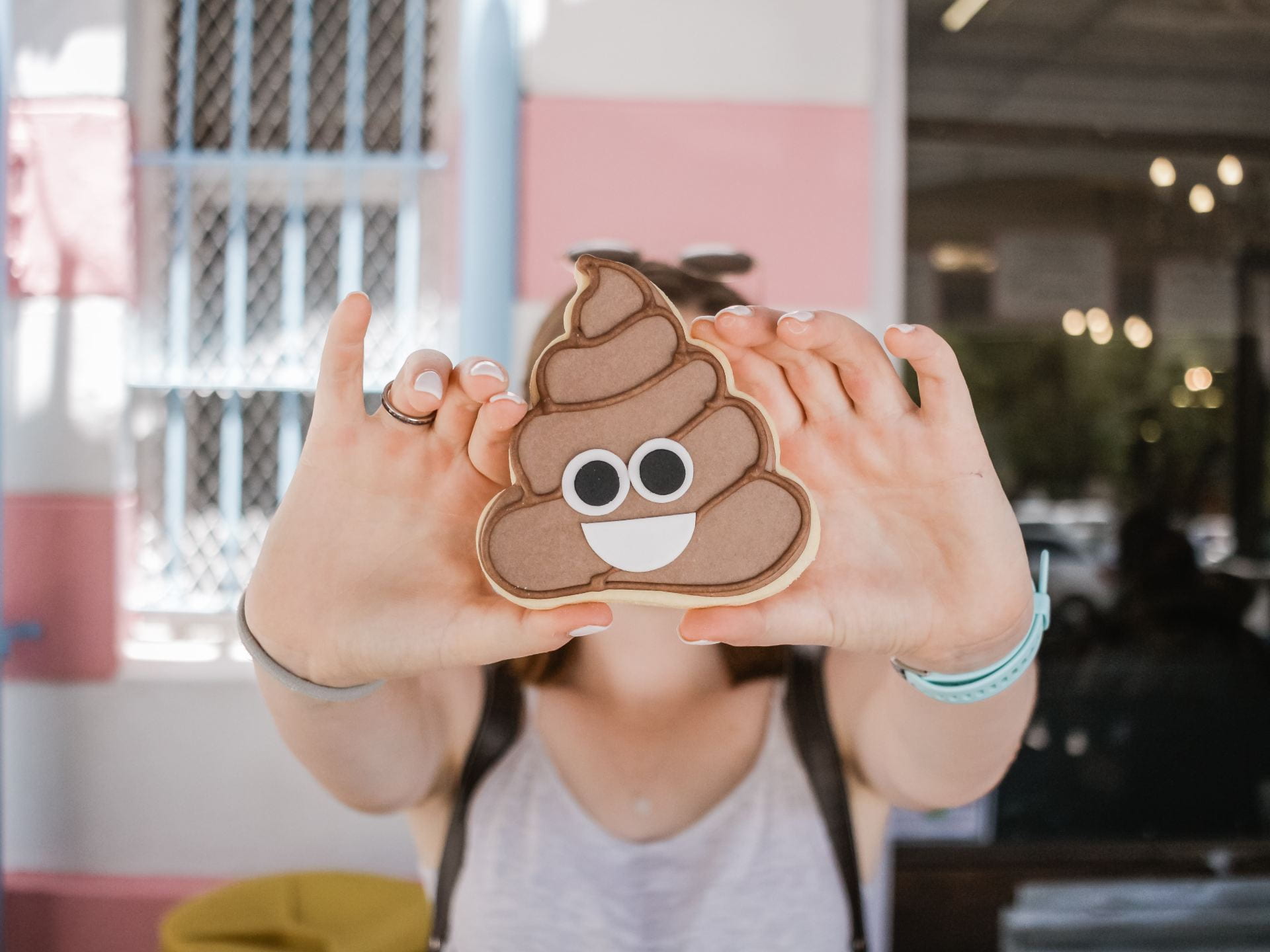You might consider this a sh–ty article, but here we go. Let’s talk about poop. Specifically, I am interested in the information in poop.
What information, you ask. Well, if you have fresh blood in there, you may have cancer, an ulcer, an auto-immune disorder, or any number of other problems. The government sends free test kits to older folks, who as a group have an elevated risk of colon cancer. Not quite half of the people who receive the kit provide a sample. I always do.
Dead blood in a stool is fine. Worn-out red blood cells make up a lot of poop. They give it the brown color, like red leaves that that have sat on the ground for a long time.
Community sewage also contains information. Scientists (hardy ones, not like me) can examine that goop and determine whether a community has had a previously undetected outbreak of COVID-19. They can also tell whether the community has a high level of use of methamphetamine. Or cocaine. Or MDMA (ecstasy, molly). Opioids too. If there are many depressed people, signs of antidepressant medication will show up.
Do scientists actually carry out this assaying? Yes. So I can tell you one thing sewage says about Australia: We are more into meth than Europe, but less into cocaine.
The metabolites of illicit and prescribed drugs can make it through sewage treatment. They sometimes end up in surprised fish.
There can be good news in sewage. The level of fiber could be high. Don’t count on that being found. Aussie meth users are not chowing down on carrots and celery.
Folks who decide to break into a house to commit a serious felony sometimes poop on the ground before they go in. Nerves take over, I suppose. The poop contains their DNA, which can be conclusive evidence in criminal trials. The DNA is not in the deceased red blood cells — they are the rare human cells with no DNA. Other dead cells in the brown monument do have DNA.
I hope I have satisfied your curiosity about poop and along the way eliminated some of your squeamishness about the stuff. Lots of workers deal with it every day, in a lab or at a treatment plant. They habituate to poop. You can too.
When the government invites you to send in a stool sample, do it. You might save your life.
Photo by Sincerely Media on Unsplash




0 Comments